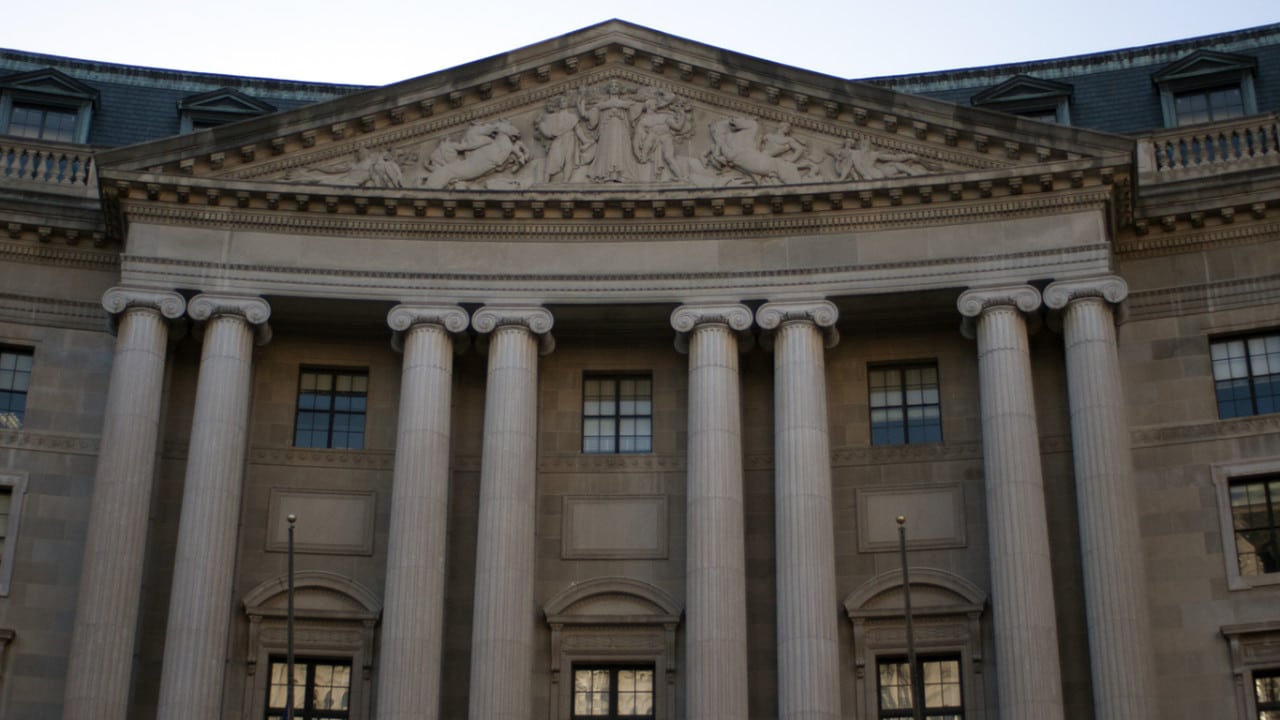
Northeastern states are paying the price for their upwind neighbors, forced to live with pollution they did not create, lawmakers and officials said Wednesday during a hearing of the Senate Environment and Public Works Committee. It was argued during the hearing that the role of the Environmental Protection Agency in setting minimum pollution control standards is essential to keeping the air clean in downwind states.
“I could have shut down the state of Delaware’s economy when I was governor, literally shut it down, and we’d still have been out of compliance in a number of air quality metrics,” Sen. Tom Carper (D-Del.), said during the hearing. “That’s just not fair. That is not right, that’s why we need others to be a good neighbor.”
Delaware was not the only state complaining of the bad behavior of neighbors. For several of the Northeastern states, air currents pull pollution from other states into their areas. Sen. Sheldon Whitehouse (D-R.I.) claimed that when he was serving as attorney general of Rhode Island, like Delaware, the state could have shut off all emitting sources and pollution would still be high.
“[The pollution] came from other states, other states that fought compliance, other states that often had not even put scrubbers on their smoke stacks yet, other states that specifically built high smoke stacks so it would project the emissions out of their state,” he said. “They were often states in compliance with these air regulations, even though they were the source of the emissions that were taking Rhode Island out of compliance.”
Deborah Markowitz, the secretary of the Vermont Agency of Natural Resources, also stated that even though her state is extremely green and, in fact, does not have any coal-fired power plants, the air quality is often very low due to emissions from other states. “Vermont is a clean, green state,” she said. “We’ve got some of the worst air pollution in the country in the little town of Rutland, and that’s because of the way the winds come from coal burning states into Vermont.”
The solution to this problem, witnesses from other states on the panel said, should be developed through negotiations among states, not forced by the Environmental Protection Agency through regulation. “Our states work together when we have a situation like that. We have worked with our neighboring states,” Becky Keogh, director of the Arkansas Department of Environmental Quality, said.
While that sort of cooperation is attractive in theory, Ranking Member Barbra Boxer (D-Calif.), said, it’s not realistic, and that is why minimum standards are necessary. “You’re criticizing the EPA, and now you’re going to say one state’s going to tell the other state what to do? It’s not realistic, at all,” she said.
When efforts to negotiate have failed, the downwind states have been forced to take more drastic action. “Not only did the upwind states not make any effort to treat us fairly, we often had to try to sue the upwind states with EPA or sometimes even sue EPA to enforce compliance with the Clean Air Act,” Whitehouse said.
Boxer, whose state does end up sending a fair deal of air pollution over its borders, scolded the other states for not taking responsibility. “We have 40 billion people and a lot of pollution, a lot of industry,” she said. “We try out best. We do have forest fires. We have natural disasters, so we have an obligation, and my state doesn’t complain about it. They just clean up their act, and it’s just a function of what is right, what is morally right.”
On the other side of the aisle, lawmakers argued that EPA, in the drafting of its recent air and water pollution rules, is not practicing cooperative federalism as it is meant to. “Unfortunately, under the Obama Administration, we have observed a flood of new regulations breaking down this system, in what seems to be uncooperative federalism,” Chairman Jim Inhofe (R-Okla.) said.
Randy Huffman, cabinet secretary for the West Virginia Department of Environmental Protection, made a similar assertion. “There is a constant flow of new regulations, guidance, and initiatives from these federal agencies and much of it encroaches on the authority Congress gave to the states, and nearly all of it adds new regulatory burdens to states resources that are already stretched thin.”
Huffman did state that he believed minimum standards should be set, but that the way they have been implemented under the Obama administration is problematic.